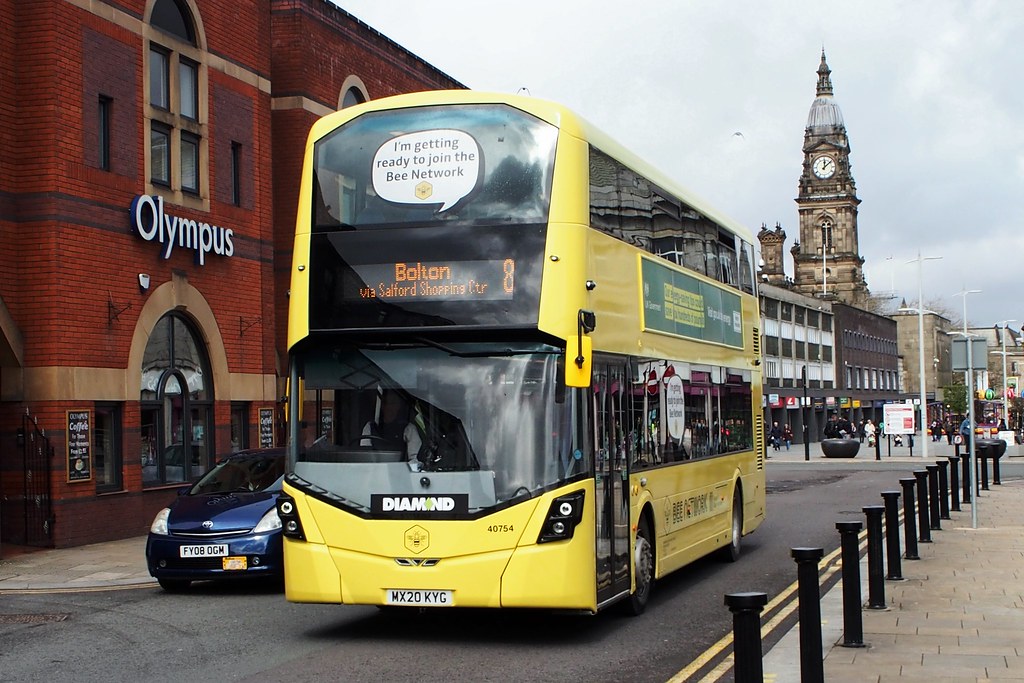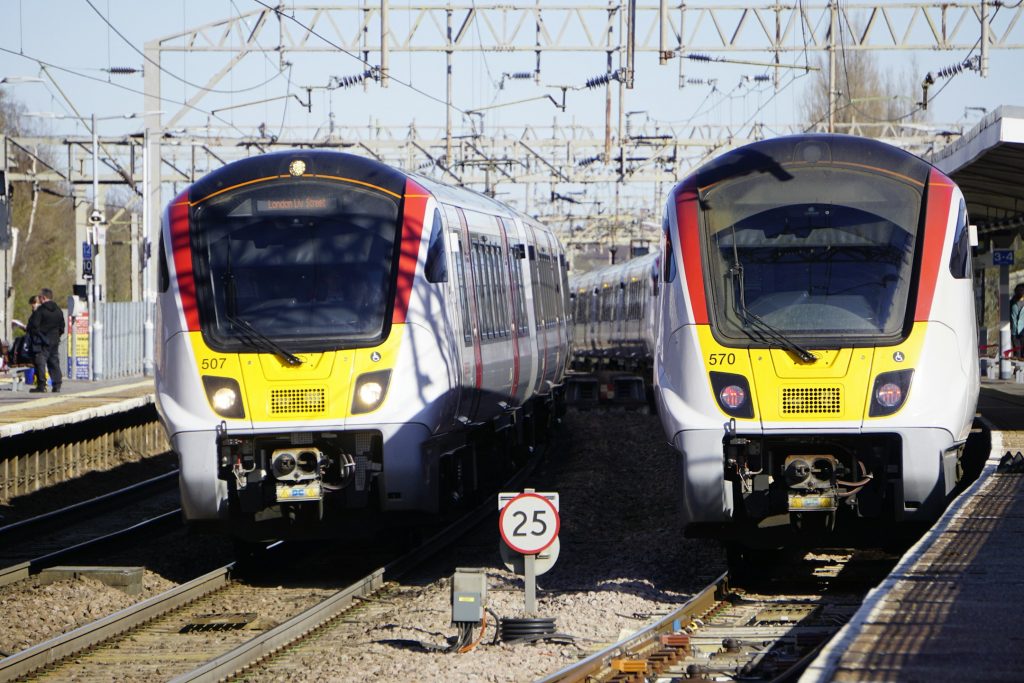Vision:
Devolution & funding
- Last update: 14/12/2023
- Version: v1.0
We propose that new transport powers are devolved to local areas.

At Enroute, we strive to create a greener, economically-friendly, and community-influenced public and active transport network, encouraging modal shift from road and private car to sustainable modes of transport. We elaborate on our aims with our comprehensive vision for the transport network in 2050.
Our 2050 Vision draws on our work and the published work of other organisations. Whilst we highlight where our vision aligns with the views of other organisations, the 2050 Vision represents Enroute’s views and should not be taken to represent those of other organisations.
Introducing Transport Authorities
We propose that new transport powers are devolved to local areas. These powers would be governed through new Transport Authorities (TAs) operating in every area of England, Wales and Scotland with a specific catchment area.
Transport Authorities would be responsible for operation of public transport and investment into public transport and active travel, with the road network otherwise remaining the responsibility of Local Authorities or National Highways.
Responsibilities of TAs
These Transport Authorities would absorb many existing transport responsibilities from the Local Transport Authority as well as Whitehall, including:
- The ability to run bus and tram services through franchising schemes.
- The ability to have a say on new Passenger Service Contracts.
- The ability to control bus and tram fares in their local area.
- The ability to set specific transport-related environmental targets.
- The ability to set the Local Transport Plan and sub-plans for specific areas.
- The ability to lead on transport improvement projects, from conception to completion.
- In urban areas, the ability to rollout specific capped zone-based ticketing, similar to Oyster
Transport Authorities would function as non-political statutory bodies run and advised by industry experts, implementing evidence-based policies, operating at arms-length from, but ultimately accountable to, Local or Combined Authorities.
Funding
We propose that funding for Transport Authorities, both in operational and capital expenditure, should be legally ringfenced and protected to prevent short-term budget cutting or diversion to unsustainable transport investments, such as road expansion.
We propose the following (non-exhaustive) funding mechanisms for Transport Authorities:
- Statutory minimum level of funding from Local or Combined Authorities, broadly based on current transport expenditure.
- Statutory minimum level of funding from Central or Devolved Governments.
- The distribution of this funding should be a measured operation carried out by civil servants, not politicians.
- Funding should be allocated based on population, the size of the existing network and historic levels of (under-)investment. This should not mean an automatic priority of urban over rural areas.
- A French-style ‘Versement Transport’ (source: La Fabrique de la Cité) tax that can be levied on local businesses with at least 11 employees, with the minimum rate dependent on the region’s population, brought in incrementally. Funds raised from this tax would be strictly ringfenced to sustainable transport investment. This tax would be levied at the discretion of Local or Combined Authorities.
- The scrapping of all existing ‘competition’ or ‘bid’ style funds for capital expenditure from Central Government, with this money spent on strategic national infrastructure or otherwise shared out fairly (see above) to Transport Authorities, so that decisions on which projects to fund are taken on a local level.
- France has 29 tram networks, with more being built.
- 14th December 2023: Initial publication




